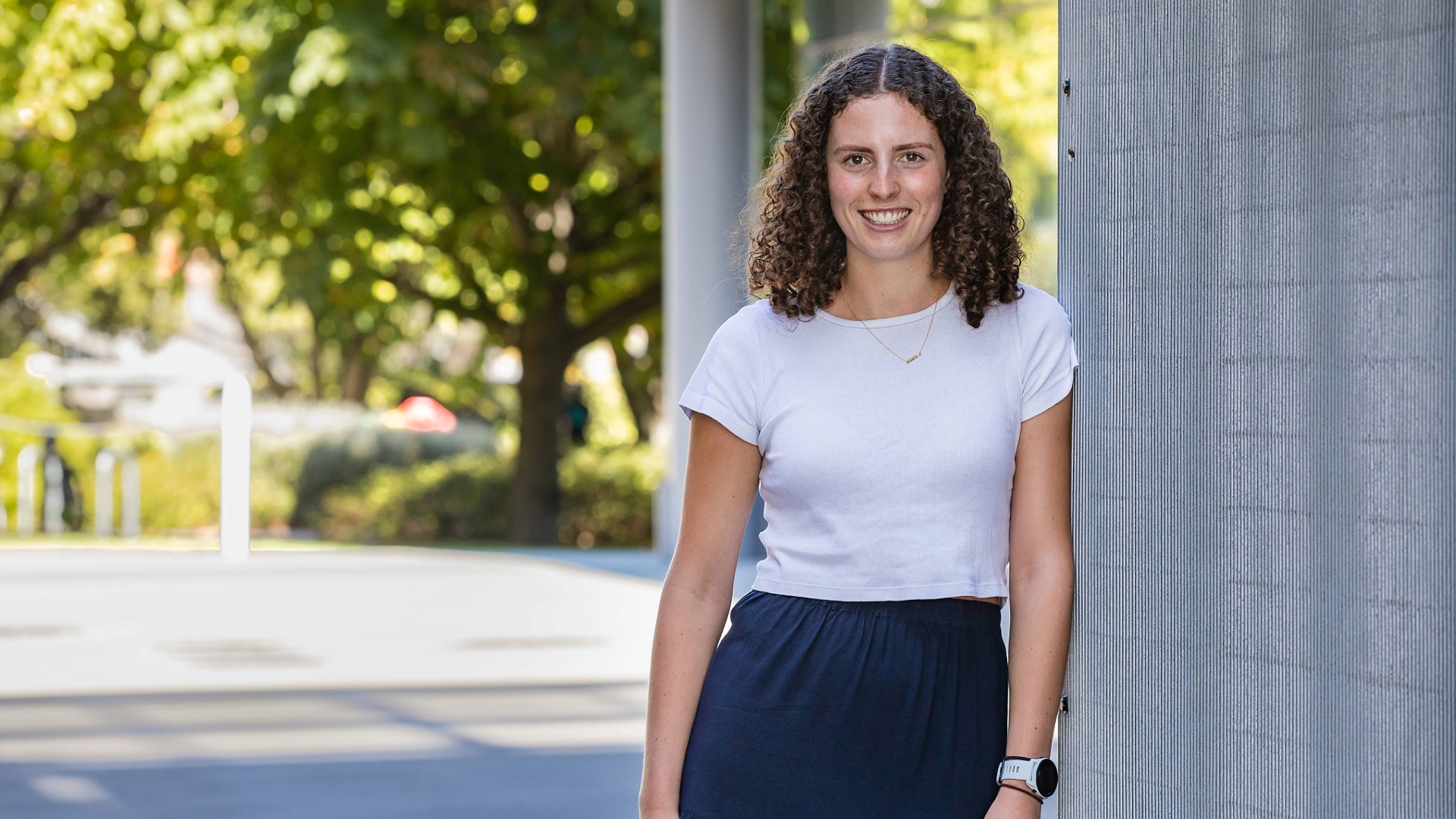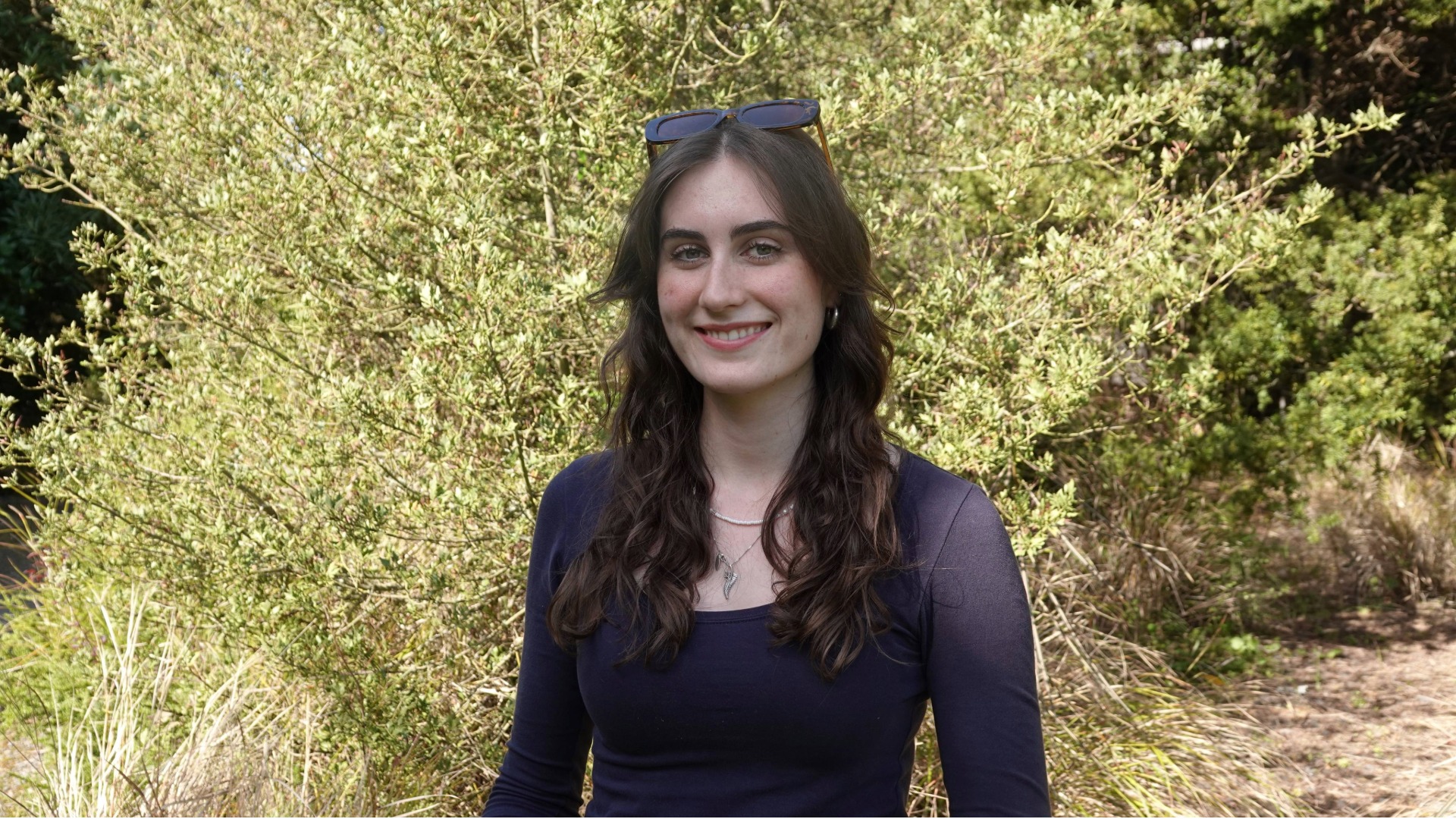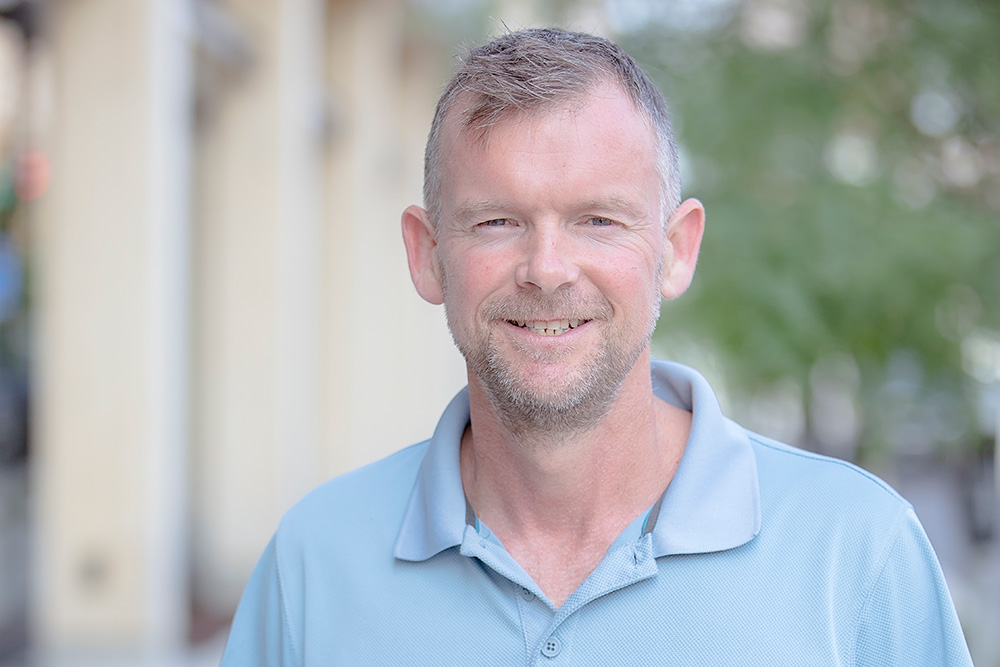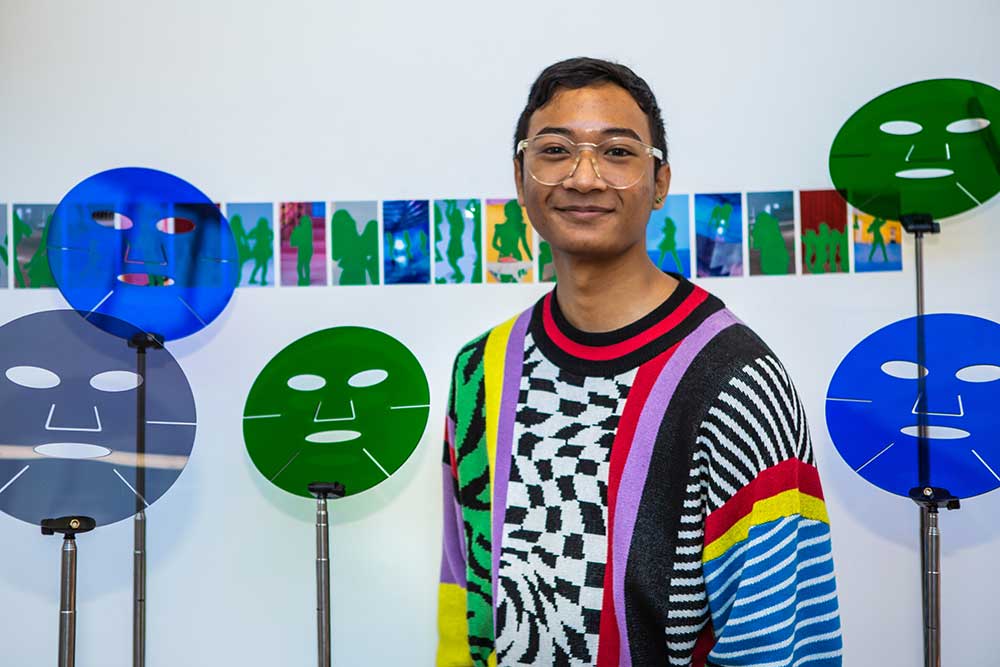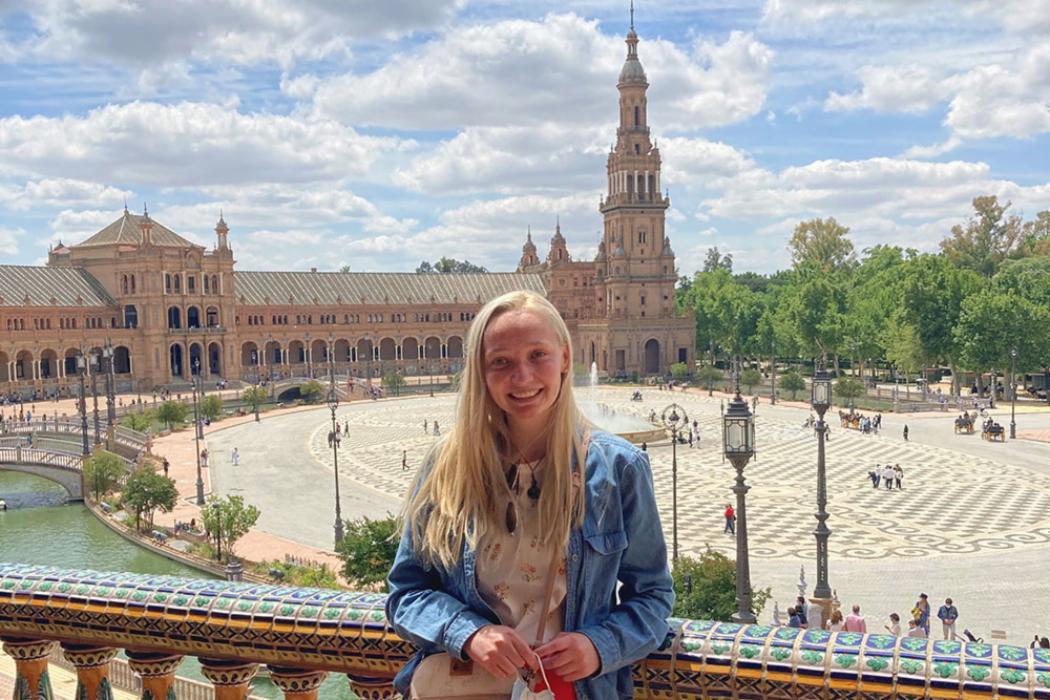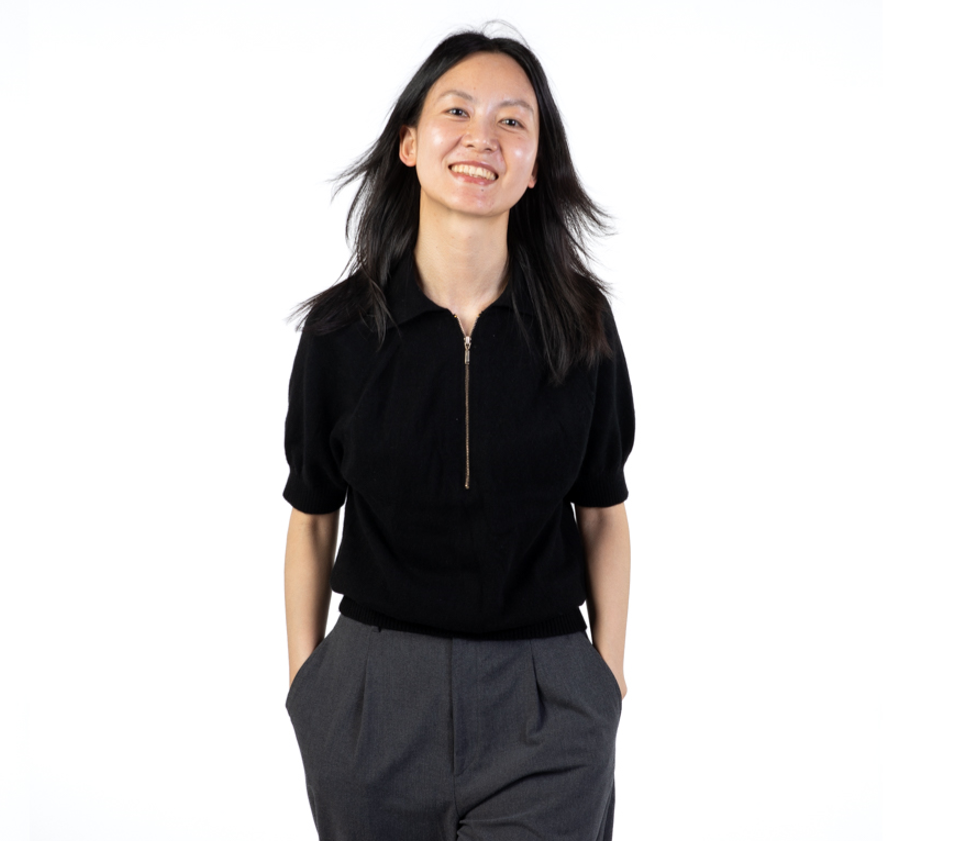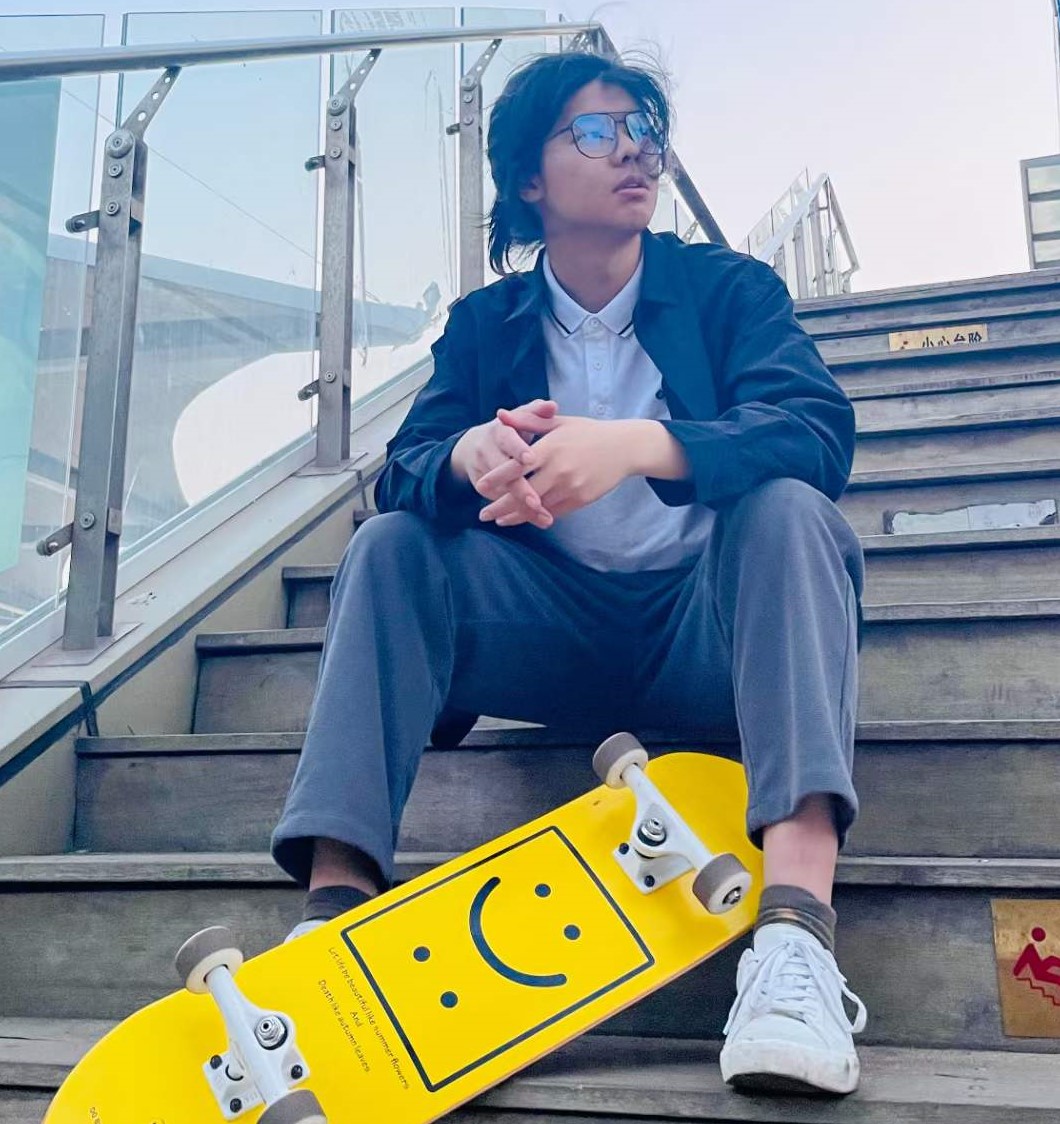What does your current role with ECan involve?
As Strategy and Policy Committee Youth Representative, my responsibility is to represent youth by sharing my unique perspective on specific environmental topics. I attend the monthly Strategy and Policy Committee hui alongside ECan councillors. Being a part of the ECan community has opened my eyes to all of the work that goes on behind the scenes that I wasn’t previously aware of.
What do you find most rewarding about your work?
I love being able to represent youth in a positive light and show them that their voice matters and can make a difference. I also have the opportunity to directly impact voting in council on crucial strategies and policies surrounding air, land, and water in the Canterbury region.
How did your studies in UC’s Bachelor of Social and Environmental Sustainability prepare you for this role?
Since the degree focuses on social sustainability as well as environmental sustainability, I have skills in both areas. This is important because they each factor into my work. ECan’s responsibility is to ensure the sustainability of Canterbury’s land, soil, and air, and a huge part of that is the social aspect – working with people in the community to understand what issues locals are facing and why.
Additionally, because my major was in Indigenous Knowledge and Sustainable Partnerships and ECan has an important relationship with Ngāi Tahu, I have meaningful insights as a young Māori to understand and support mana whenua interests.
Were there any specific courses or experiences at UC that were particularly valuable?
My favourite course was a multi-disciplinary course (SCIM101) that teaches about the environment with a Māori lens. A big highlight from that was taking a field trip to Kaikōura and staying at Takahanga Marae.
Did you connect with any industry partners or gain practical experience during your studies?
I completed a PACE course internship with Te Hapū o Ngāti Wheke. My responsibility was to create a GIS map for the hapū to compile their cultural and environmental documents, with the outcome of data sovereignty. It was a great experience, especially because working with rūnanga is crucial for a future with conservation in Canterbury.
What skills or knowledge gained from your degree do you use most in your job?
Having a sense of open-mindedness toward perspectives of people from many different backgrounds has been key. It’s also important to understand the balance between the economy and the environment, as well as to have a broad knowledge of a variety of environmental issues that impact people’s livelihoods.
Have you got any advice for others interested in studying a Bachelor of Social and Environmental Sustainability?
Don’t stress about which major you take because the reality of working in sustainability is that it uses skills and knowledge from all of the majors. Make the most of any networking opportunities, as the people you meet will be your future co-workers or working at companies that work alongside yours. And be really specific about what you want to gain from your PACE internship.
Looking back, how has your degree influenced your career and personal growth?
It has continued to grow and fuel my passion for the environment and te ao Māori, and I know that because I loved every second of my studies.
What does the future look like for you?
I see my future as a journey with many different paths rather than a one-way road. I would love to try a variety of jobs in the youth, environment, or Māori sector. Ultimately, my goal is to work in either a Māori firm as an environmental advisor, or an environmental firm as a Māori advisor.



